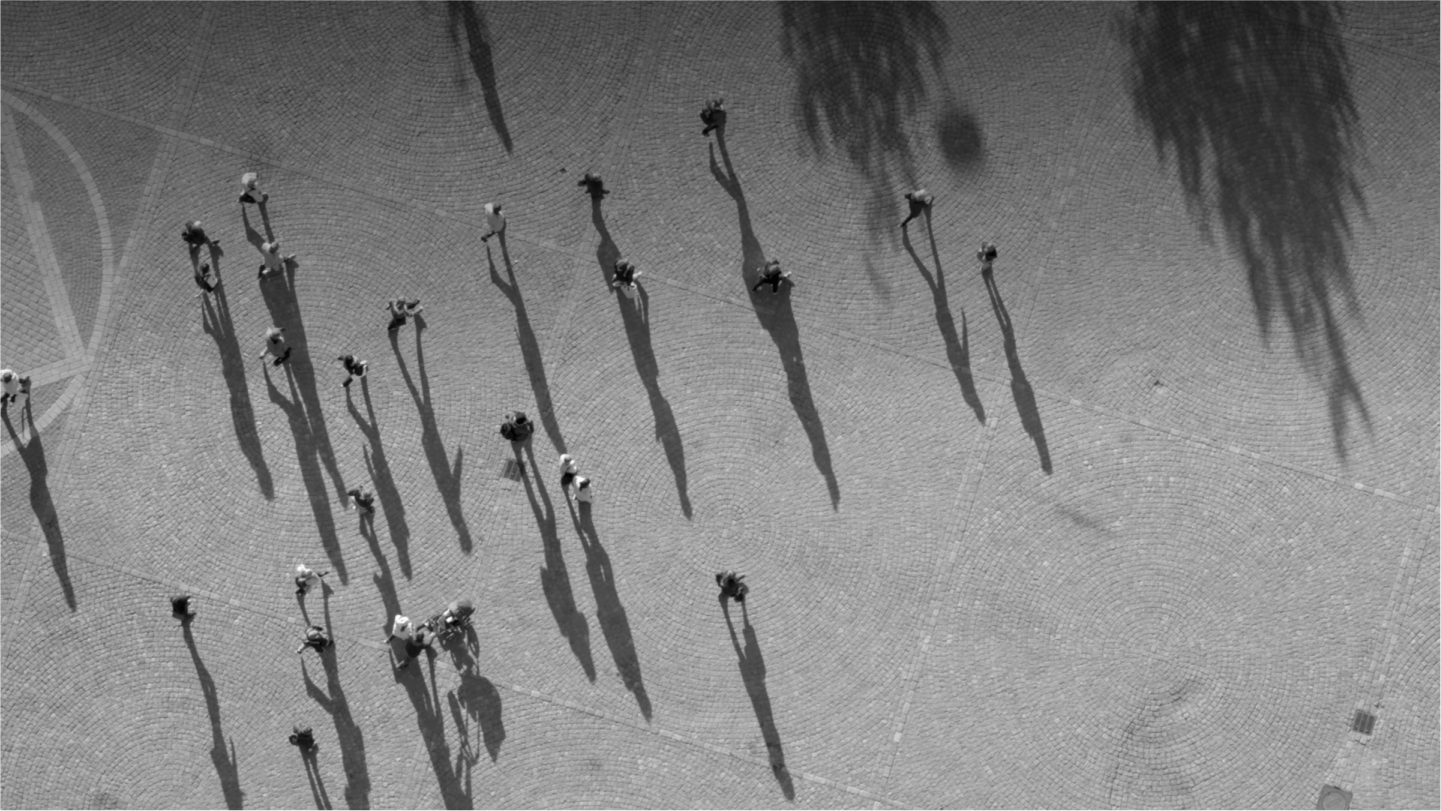


Various ways of renouncing inheritance and wills can influence the tax consequences that arise and, on the other hand, the channeling of tax liabilities beyond direct descendants of the deceased. The tax burden is thus divided into smaller fragments.
An heir can renounce the inheritance already during the lifetime of the deceased. However, a direct descendant cannot validly renounce his or her right of the lawful share during the lifetime of the decedent.
The inheritance can also be renounced after the death of the deceased. In this case, the renunciation is made without any compensation. In order to be tax free, it must be made sure that the heir has not made any enforcement decisions on the share of the estate. Regardless of the stage at which the renunciation is made, it must be done in writing.

The heir who has renounced his or her inheritance will be replaced by his or her heirs according to the succession order (‘substitute heirs’). The person renouncing his or her inheritance cannot make any provision as to who will inherit in his or her place. The renunciation, the intention of which is to avoid the tax consequences for oneself, must be unconditional and must be made without making any enforcement measures on the share of the estate.
In many cases, it makes sense to renounce inheritance for tax purposes, as the tax burden is then passed on from one generation to the next. If there is more than one substitute inheritance, the renunciation also provides a benefit in the form of progression, as the inheritance tax rate is lower for smaller inheritances.
Naturally, it is possible to accept the inheritance and only then transfer it to the person of your choice. However, this is rarely advisable, as it leads to double taxation, at least in the case of transfers without compensation.
In general, the principles for renouncing a will are the same as for renouncing an inheritance. The main difference between renunciation of an inheritance and renunciation of a will is based on the current case-law, which allows partial renunciation of a will without tax consequences.
The inheritance tax is only imposed on the beneficiary to the extent that he or she has accepted the will in case of a partial renunciation of the will. However, it is very important that the contents of the will are suitable for a partial renunciation as understood by the tax authorities.
When a will is renounced, the circle of substitute heirs is determined in a way that is partly different from the case when an inheritance is renounced, because the succession order is based on the relationship of kinship.
Therefore, when renouncing a will, it is important to be precise about who will actually take the place of the beneficiary who is renouncing the will. If there is no family relationship between the testator and the beneficiary, there is a risk that the property in question will not pass to the beneficiary’s own heirs.
With more than twenty years of experience, we offer our clients a personalised and client-oriented service in various areas of family property law. Whether your matter falls under family law or inheritance law, we always handle it efficiently, without forgetting the human aspect.
The area of family law usually includes financial matters relating to marriage and cohabitation, as well as child custody, living arrangements, right of access and maintenance.
Before proceeding with the distribution of the estate, a deed of estate inventory, which is a list of the deceased’s assets and liabilities, must first be drawn up and the estate must be settled. Only then can an agreement on the distribution of the estate be concluded.
Inheritance tax planning emphasises the importance of properly prepared documents in good time. A continuing power of attorney is a document that allows you to take care of your own affairs over your lifetime well in advance. You can plan for the distribution of your assets and their tax treatment by having a comprehensive deed of gift and/or testament in place.